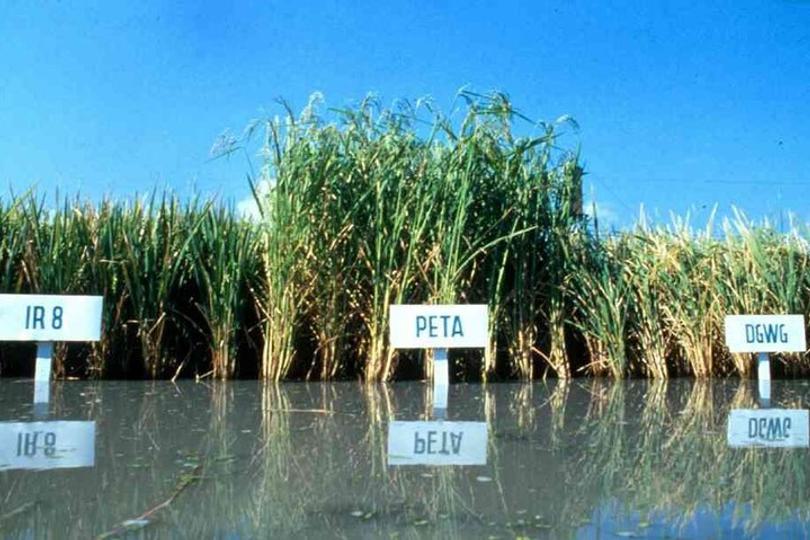
In 1961, an international group of rice scientists came at the International Rice Research Institute in the Philippines and began crossing semi-dwarf varieties of japonica rice with taller indica varieties from South and Southeast Asia. Within weeks of the initiation of the rice breeding programme, they had made the crosses that led to the development of the varieties IR5 and IR8, the latter of which was released in 1965 and subsequently planted on as many as 10 million ha by the 1980s.
The economic impact of high-yielding rice varieties – and more broadly of the Green Revolution – was vast. Recent research points to tens of trillions of dollars in economic benefits from the Green Revolution, along with positive impacts on health outcomes, including infant mortality. But the Green Revolution also been criticised for negative environmental and social impacts. What can we learn from this episode about the planning of research and the prioritisation of investments in research? How should we think about establishing research priorities in complex systems that are not fully understood? How should we design monitoring and feedback systems that can identify potential harms from agricultural innovation? This lecture will offer reflections on the complexity of research investments strategies in the context of publicly funded agricultural research targeted towards low-income economies.
Prof Douglas Gollin, Professor of Development Economics, Oxford Department of International Development, University of Oxford
This event is part of a series of talks organised by the Oxford Martin Programme on the Future of Food
Follow this link to register: https://www.futureoffood.ox.ac...
Please email: futureoffood@oxfordmartin.ox.ac.uk with any queries

Professor Douglas Gollin
Professor of Development Economics, Department of International Development
Doug Gollin is Professor of Development Economics at the Oxford Department of International Development.
His research focusses on economic development and growth, with particular interests in agriculture and structural transformation. His work brings a general equilibrium perspective to issues such as: sectoral differences in productivity; the impacts of agricultural technologies; the role of transport costs in shaping spatial patterns of development; the importance of small firms and self employment in poor countries; and the macroeconomic effects of disease.
Doug Gollin joined Oxford University in October 2012 after spending 16 years on the faculty of Williams College in the United States, where he retains an affiliation. He is a visiting fellow at the Yale School of Forestry and Environmental Studies. He chairs the Standing Panel on Impact Assessment of the CGIAR, a consortium of international agricultural research organisations. He also works with the International Growth Centre and a number of NGOs involved in policy-oriented research on development.
He is currently a Managing Editor of the Journal of African Economies and an Associate Editor for the Journal of Development Economics and Oxford Development Studies.
Doug Gollin holds an AB degree from Harvard University and an MA from Yale University. He received his PhD in economics from the University of Minnesota in 1996.
Keep in touch
If you found this page useful, sign up to our monthly digest of the latest news and events
Subscribe